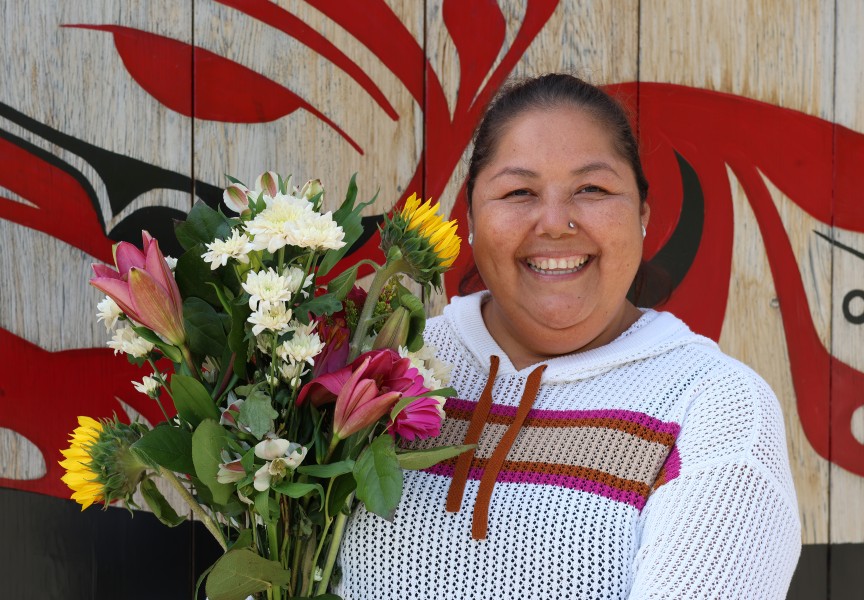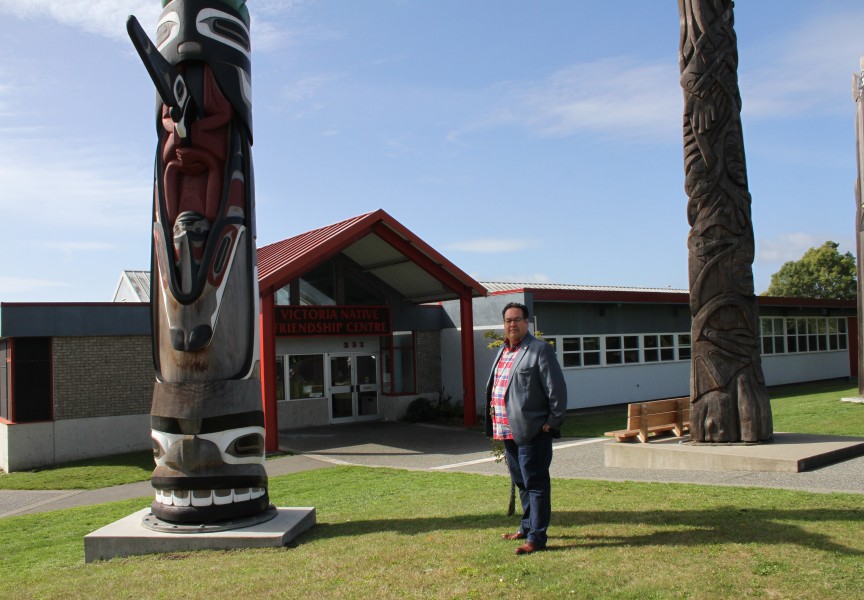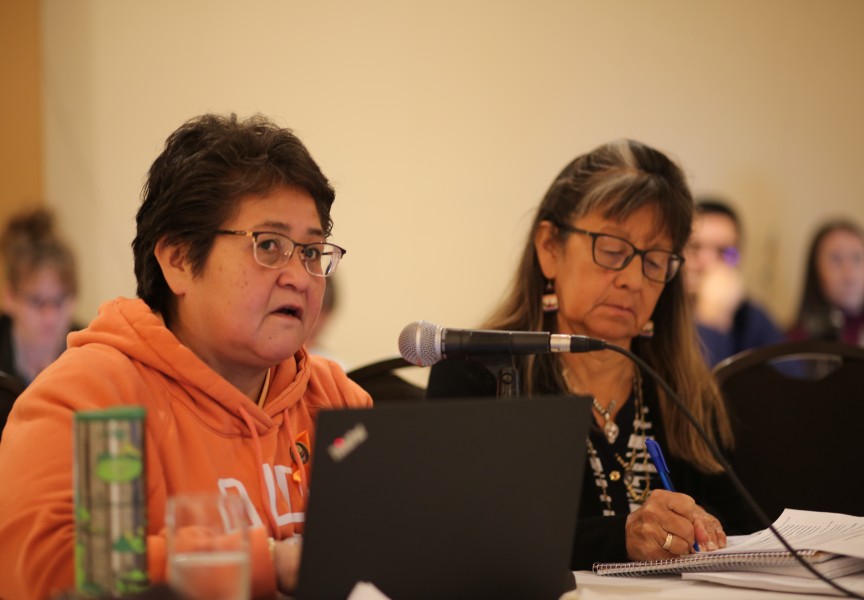The provincial government announced a $45 million investment in new funding for preserving Indigenous languages in its Budget 2025. Spread over three years, the new funding would go to the First People’s Cultural Council (FPCC) to support Indigenous language preservation and revitalization work.
In a written statement, the province said this investment nearly doubles its past annual allotment to First Nations-led language programming.
The FPCC says this is the first time it has received a long-term funding commitment for programs from the province.
“FPCC will receive $15 milion annually with $12 million designated for language revitalization,” stated the organization in an email to Ha-Shilth-Sa.
The FPCC is a First Nations-led Crown corporation whose mandate is to enable language revitalization in British Columbia. The government is obligated to support language revitalization under the Indigenous Languages Act, Bill C-91.
The federal government also announced funding for Indigenous languages in its 2024 Budget – an allocation of $225 million over five years for Indigenous languages across Canada. Forty-five million of that is allocated to British Columbia for 2024-25. But the FPCC says this falls short of what is needed.
In previous budgets, the federal government allocated $4.1 billion for official languages support.
According to the FPCC, there has been a 20 per cent increase in people learning their Indigenous language over the past five years, since the introduction of the federal Indigenous Languages Act, Bill C-91.
“Last year, FPCC received $40.3 million in federal funding for 2023-24. Based on the budget and funding formula, FPCC estimates receiving about half that amount in 2024-25,” stated the cultural council.
“B.C. has a globally recognized model for language revitalization and its programming is now in jeopardy, including community-based jobs for hundreds of women,” according to an FPCC statement.
They went on to say that B.C. has 36 unique languages with more than 95 dialects, representing half of all First Nations languages in Canada.
While the FPCC says it appreciates the funding is multi-year, it is concerned because it falls short of what is needed.
“FPCC’s evidence-based research shows the actual need to fully implement the work with communities to revitalize First Nations languages in B.C. alone is $69 million for the 2024-25 and increasing amounts ongoing annually,” they stated.
Concerned about the future of B.C.’s First Nations languages, the FPCC says persistent underfunding of language programs could prevent the achievement of language saving goals.
“The amount announced only partially covers what is needed to continue many of the valued programs that are underway and fails to establish adequate support to fully realize languages being spoke fluently, and used in all aspects of daily life,” said Tracey Herbert, CEO of the First Peoples’ Cultural Council.
The FPCC promises to continue advocating for adequate, sustainable funding for language revitalization work. Its mandate is to support the revitalization of First Nations languages, arts, cultures and heritage in British Columbia.
Despite the budget shortfall, the FPCC says there are no current changes in programming planned.
“We will continue to invest in community-based work through our programs that have proven effectiveness,” stated the cultural council in an email. “We look forward to delivering the funding for this program year and continuing our support of the revitalization of B.C. First Nations languages, arts and heritage.”










